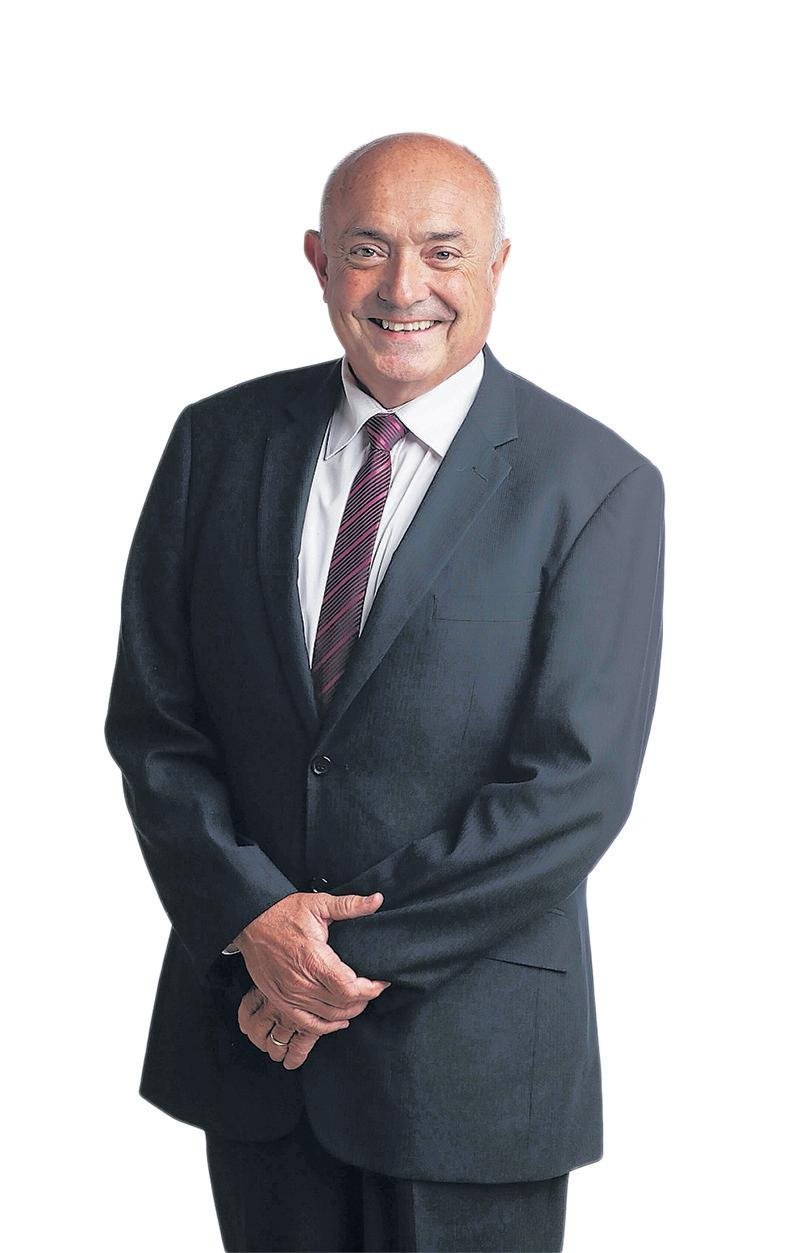Nick Bruining Q+A: Sorry, there’s no hiding from Australian Tax Office if you inherit an overseas property
Q+A: You’ve inherited an overseas property from a relative? Planning to enjoy the spoils of a rental income without notifying the Australian Tax Office. That’s a bad plan. Here’s why ...

Question
My husband is of European descent.
We were recently advised that following the death of an uncle in Italy, he — along with his brother and sister — is about to inherit a third share of his uncle’s small house in a rural town in northern Italy.
Sign up to The Nightly's newsletters.
Get the first look at the digital newspaper, curated daily stories and breaking headlines delivered to your inbox.
By continuing you agree to our Terms and Privacy Policy.We are wondering what we need to do?
Answer
Much will depend on what he and his siblings decide to do with the property.
Even though it is overseas and not physically transferrable to Australia, as an Australian resident he is required to make the relevant authorities aware of the newly acquired asset. This only needs to be done generally when the title deed or other ownership record is changed to reflect the change in ownership.
The Australian bodies that need to be notified may include the Australian Tax Office, if you receive a rental income, and Centrelink.
Centrelink will include the property as an asset with the value based on the current Aussie dollar value. If the property is rented, the net income received is assessable by both Centrelink and the ATO. Australian tax laws will apply in addition to any relevant Italian laws.
The value of the asset and income will be assessed by Centrelink in the same way as an Australian investment property. If the property is sold, then the proceeds are likely to be subject to capital gains tax.
Lastly, don’t “hide” the inheritance as Australian and Italian regulators routinely share this type of information.
Question
I have a small share portfolio valued at about $200,000, which I have held for more than 20 years.
To make things easier for my children before my passing, I plan to progressively sell my shares over the next five years to spread the necessary capital gains tax.
I am single and receive a part-age pension from Centrelink.
I assume that by moving my asset from shares to cash, my pension would not change. Is this a sound strategy?
Answer
Many seniors are adopting a similar strategy, and the key is to understand what amounts might create issues with the ATO or Centrelink.

Tax wise, each parcel of shares sold will give rise to a capital gains tax event. Because the shares have been held for more than 12 months, only 50 per cent of the profit is added to your other income in the year of the sale. Your tax-assessable income will also include your Centrelink pension, the grossed-up amounts of any franked dividends and bank interest.
Being a senior, you have access to both the low income and seniors and pensioners tax offsets. If you can keep your total taxable income after deductions to less than $35,813 the use of these offsets means you won’t be liable for any tax or Medicare levy.
For Centrelink purposes, as it is already aware of the shares, converting them to cash will not affect your pension. An adjustment may take place if the price sold is different to the share prices Centrelink have used to calculate your pension.
Normally, the share values are only updated automatically twice a year — in March and September — using closing share prices obtained a few days beforehand. If that value is slightly different to the sale price, your pension may change once the cash value is loaded. You can make these changes via the my.gov.au Centrelink portal.
When the gift is made, you will need to notify Centrelink. Under the rules, you can reduce your assets by up to $10,000 a year with a total of $30,000 over a rolling five-year period. If asset-tested, the first gift — if $10,000 or more — may see your pension increase by a maximum of $30 a fortnight and a gift next financial year would produce the same result.
This applies until you reach the $30,000 limit or you receive the full rate of pension payable. Amounts over the limits remain in the system for five years from the date of the gift.
Nick Bruining is an independent financial adviser and a member of the Certified Independent Financial Advisers Association

